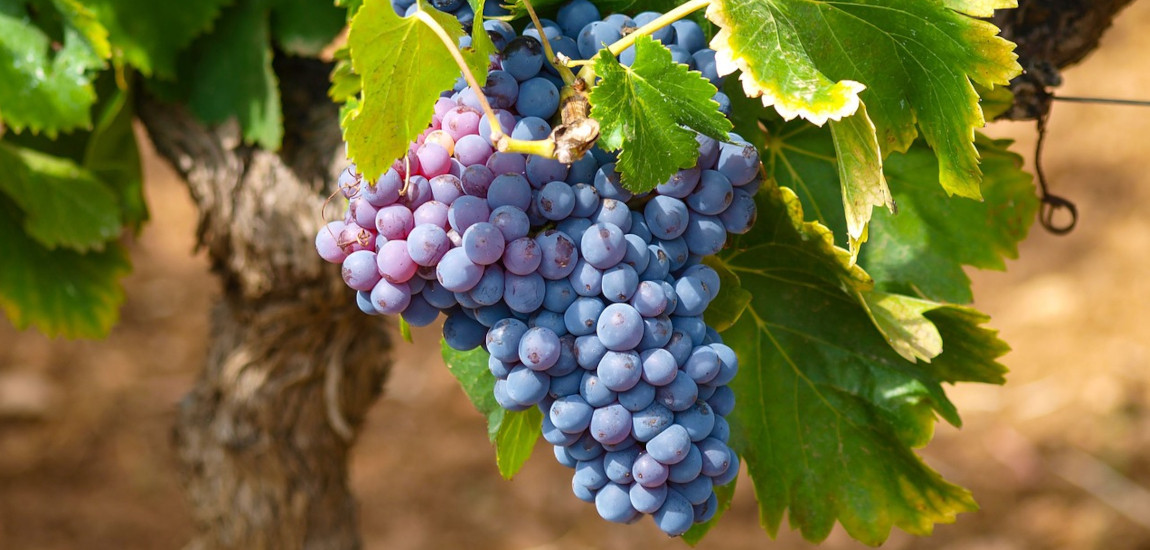
Harvest time in Tuscany: la vendemmia
When we
think of Tuscany, the first image that comes to mind is that of green and
yellow hills, tall cypress trees and vineyards. Tuscan wine is a product of the
highest quality, which has found great success on international markets and has
made us famous throughout the world.
September is therefore a very important month for our region, it is when the magic
happens, it is harvest time, la vendemmia!
At this time of year the grapes have reached maturity and can finally be harvested
and transformed into high quality wine. Although nowadays, in large productions
the procedures are facilitated and streamlined by agricultural machinery, in
smaller, family-run productions, the harvest process has remained unchanged.
Family members, friends and anyone who can lend a hand, meet at dawn in the
vineyard to begin work.
The grapes must be harvested strictly by hand and put in small wicker baskets when
they are completely dry, because wet grapes can compromise the quality of the
must. Furthermore, it is necessary to avoid harvesting during the hottest hours
of the day and be careful not to damage the grapes so that they do not begin to
ferment too soon.
The harvest is then placed inside tall bins and quickly taken to a cool place
to proceed with the pressing. The grapes are then beaten with a wooden rod to break
the skin of the fruits and start their fermentation.
Contrary to popular belief, the grapes are not crushed with feet, because
however romantic this vision spread by the cinema may seem to us, it is better
to avoid this method since it’s not very hygienic. Nowadays, other methods can
be used.
It is also necessary to separate the grapes from the stems, a complicated job,
especially in small productions where everything is done by hand.
Whatever method is used to break the grapes, this is absolutely a fundamental
step because it is the moment when the juice is extracted, activating the
fermentation process of the sugars. In this way the yeasts will transform the
grape juice into wine.
The must is then placed in large stainless steel containers and will remain
there until the end of the fermentation process, which lasts a maximum of ten
days.
Now, after an exhausting day of work, it is time to celebrate all together.
This is the moment when people gather at the table in conviviality to eat
delicious home-made dishes made with seasonal ingredients.
The well-fermented wine will then be filtered and transferred into barrels of
various materials, where it will be left to rest and mature until it will be
ready to be bottled.
During this
time of year, some wineries open their doors to tourists and enthusiasts who
want to take part in the harvest. A truly unique experience.



